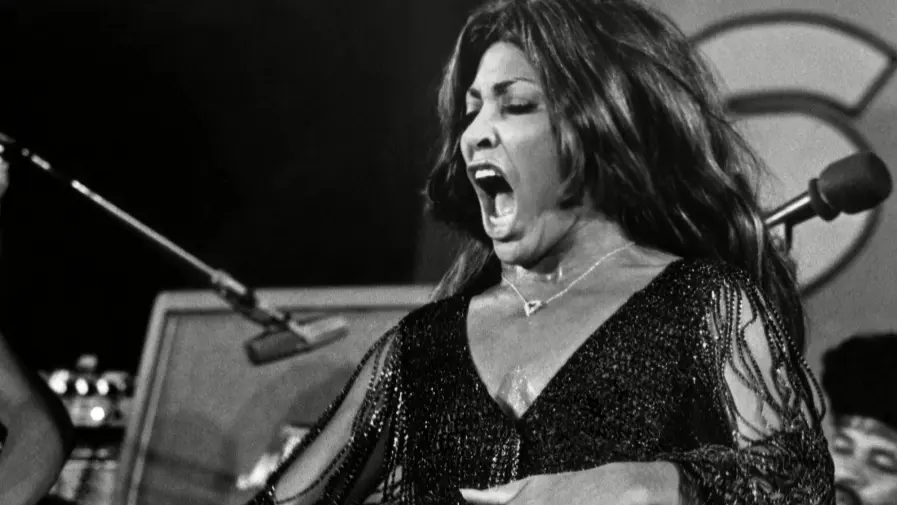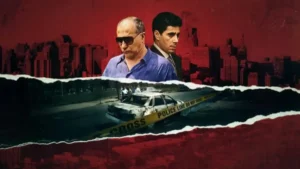Summary
If the pen is mightier than the sword, then the camera is more dangerous than the gun. That’s what the filmmakers proved here with 1971: The Year That Music Changed Everything. It’s a spectacular achievement.
Apple TV+ series 1971: The Year That Music Changed Everything was released on the streaming service on May 21, 2021.
They say films are a product of the period we have lived through. If that’s true, then great music is a product of the moments going on around us at that very moment. That’s the feeling I had after watching 1971: The Year That Music Changed Everything. A riveting documentary series from the producers of Amy that weaves a complex narrative of how music shined a light on the big government’s role in oppression and political atrocities. Issues that are still at the forefront 50-years later.
1971: The Year That Music Changed Everything is an eight-episode docuseries that exquisitely goes through an extensive collection of stars and their work (Marvin Gaye, The Beatles, Tina Turner, The Who; to name a few) from that year. After watching the first episode, you’ll have an even deeper appreciation for Gaye’s “What’s Going On” like never before. The political unrest going on in 1971 lent itself to these artistic statements that gave a voice to telling the truth to power.
It was a tumultuous era, to say the least. No longer were the days of human interest stories, and the “Golly Gee” sitcoms no longer dominated the airwaves. Instead, it was a year that music began to test boundaries and stretched its activist legs. There has been no other time in American History how pop culture and politics began to mix and use media as its starting gun. A musician could become a star overnight based on the social advocacy theme their song was conveying.
1971: The Year That Music Changed Everything is executive produced by Oscar-winning filmmakers Asif Kapadia and James Gay-Rees. They produced the highly-regarded documentary Amy and have topped that film here. They have managed to capture a period in American History with great detail and a sharp eye with spectacular results. There is an amazing amount of rarely seen and never-before-seen footage of legendary figures that paint them in a not-so-flattering light, not from being on the wrong side of the argument, but from the stress of socioeconomic oppression and the military conflict that was happening at the time. The insight into Gaye and John Lennon is very effective and sets the tone for the entire series.
I would garner that the hotbed of highly charged political times changed music, not the other way around. However, this period gave a voice to the oppressed that was taken on by an ultra vocal minority. This revolution was not squashed, and embers have still burned for over 50 years. Kapadia and Reeves capture the truth of seminal moments of the time in unexpected places that’s akin to today. That’s what great documentaries are all about.




